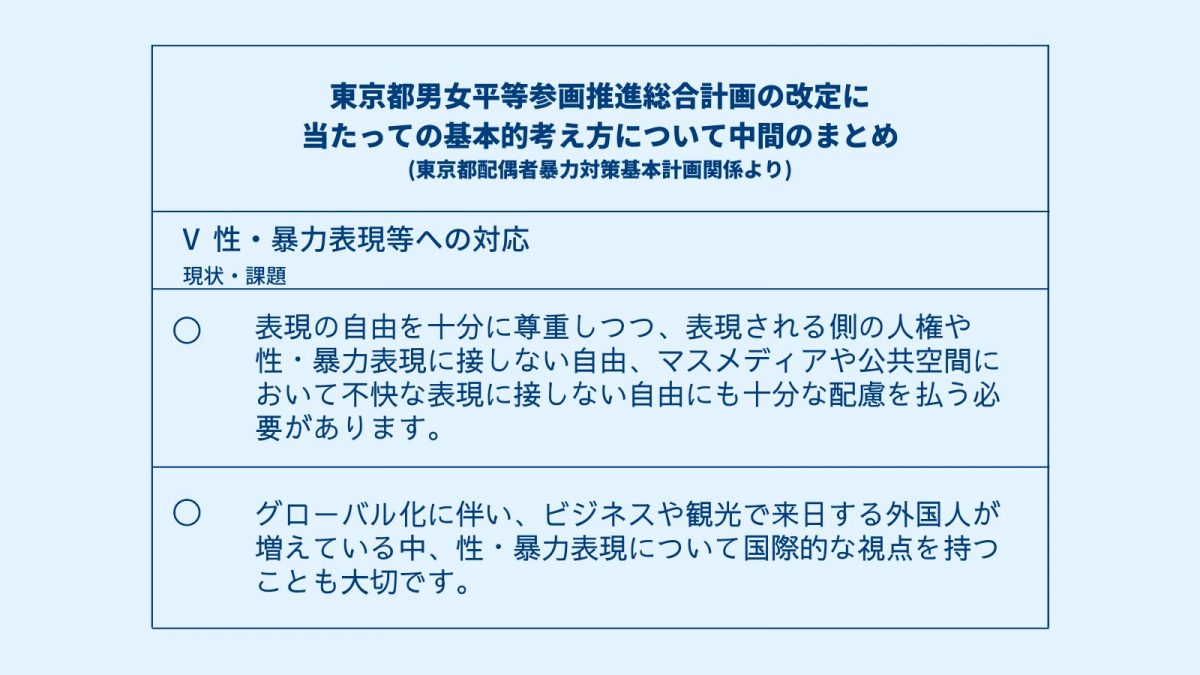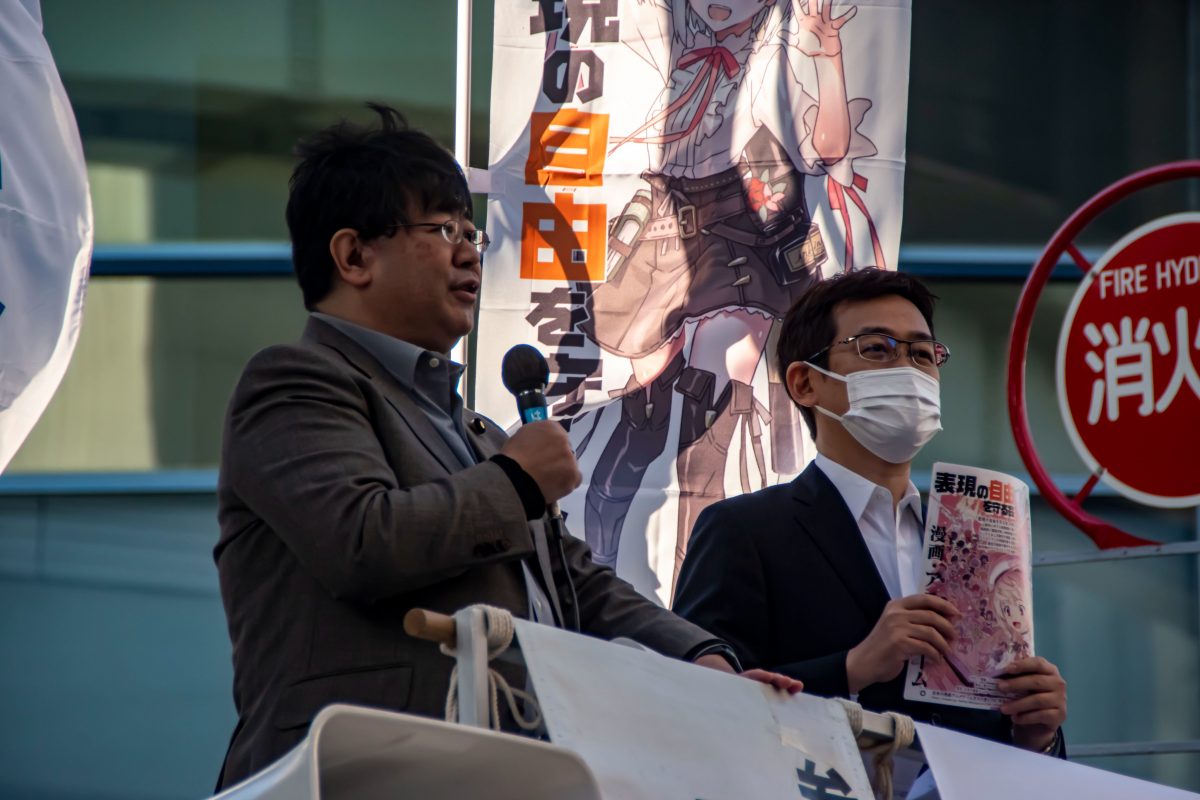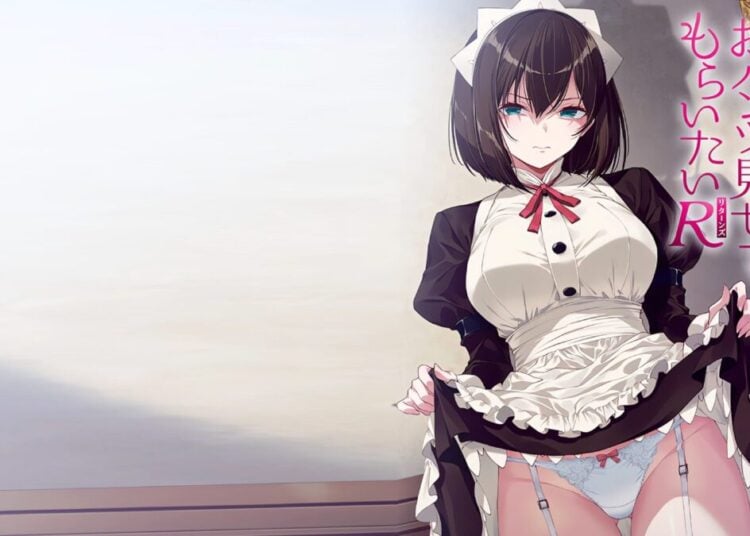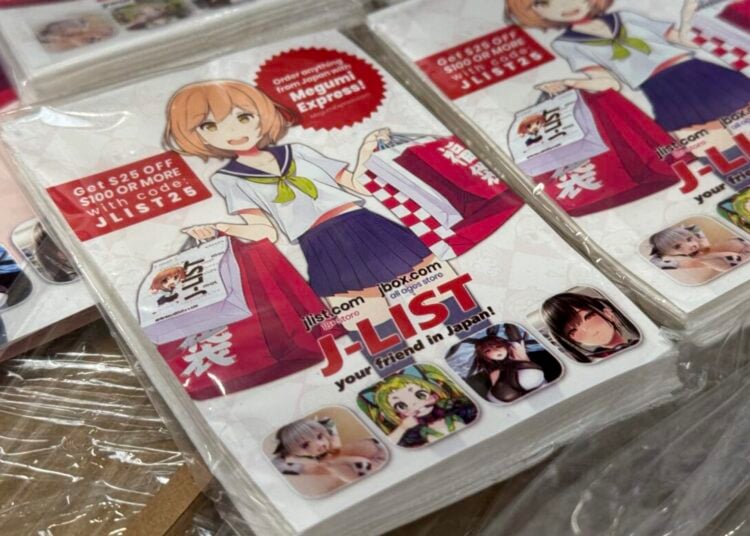It seems like history’s repeating itself. Recently, a draft revision of the Tokyo Metropolitan Government’s “Comprehensive Plan for the Promotion of Gender Equality” was revealed, with public consultation having ended on November 16th, 2021. Submitted by the 6th Tokyo Gender Equality Council, it purportedly aims at eliminating “all forms of violence between men and women” and encouraging cooperation in combating discrimination. Though the Comprehensive Plan is more a set of guidelines than a law, as revealed by mangaka Ken Akamatsu, it could nonetheless lead to mass censorship, once again raising concerns for anime and manga.

According to Akamatsu, not only does the draft include the “freedom not to be exposed to offensive expressions in mass media and public spaces,” but it also leaves the specifics of what that actually means vague, outside of an “international perspective on sexual and violent expression.” As the mangaka put it bluntly, such broad strokes would not only prevent him, or anyone else, from drawing anything, but could potentially lead to the “decline in Japanese culture.”
東京都の男女平等参画推進総合計画の改定案。
マスメディアや公共空間での「不快な表現に接しない自由」に言及しており、クリエイター側として恐怖を感じる。これでは東京では何も描けない!表現の自由を著しく軽視。
「性・暴力表現について国際的な視点」も曖昧すぎて、これでは日本文化が衰退する。 pic.twitter.com/zQd6Vxj27T— 赤松 健 ⋈(参議院議員・全国比例) (@KenAkamatsu) November 8, 2021
This also seems to be linked to what Yoshinobu Yamada, creator of Eden no Ori, Deathtopia, and Satanophany described on November 5th in a series of now-deleted tweets, in response to increasingly strict restrictions on explicit content. He brought up how his publisher deemed Satanophany too erotic for the magazine when it had previously not been a problem, and that such regulation could set a negative precedent. Though it’s just as likely to be a case of creative differences, it’s not hard to see how such measures are open to abuse.
It is true that Satanophany is too erotic for a general magazine, but I don’t want the publishers to do anything that would make the writers shrink. I don’t want the publisher to do anything to discourage authors.
This is where the effects of restrictions come in.
It’s a strange thing to regulate erotica in the first place.
And every time it gets stronger and stronger, people gradually lose their jobs… it’s a terrible story.I really don’t understand what the regulations are for… It’s the military and erotica that have developed the world.
I don’t know what to say, but I’m not sure what to say.
I think it is strange that restrictions are imposed on youth magazines in the first place…
It didn’t take long before these developments caught traction globally, with reactions ranging from concern over censorship, and frustration that the proposals seem designed to pander to Western feminists, to pessimistic, if not hyperbolic doom-mongering about the death of anime. On Takahashi, however, has stressed that while this current push is nothing to brush aside, the Comprehensive Plan’s vagueness makes it doubtful that it would be implemented, outside of some political virtue-signaling. He also remarked how this is a logical continuation of the restrictions put in place for the 2020 Tokyo Olympics and how Japanese politicians tried invoking “What would foreigners think of us?” to rationalize those restrictions, though it should be noted that such restraints don’t apply to self-publishing or digital releases.
Tokyo has many issues it could be tackling instead of taking part in this puritan witch-hunt.
And this is all "politician speak". Like how they say "we're gonna build a better country" but they never outline "how" or "by when" etc. They might just not do anything.
— On Takahashi (高橋温) (@OnTakahashi) November 9, 2021
Others, meanwhile, have brought up how attempting to grant such efforts the weight of law would run afoul with Japan’s higher courts, if not violate constitutional protections over free speech. This isn’t to ignore how this whole affair has echoes of the infamous Bill 156, filed by then-Tokyo Governor Shintaro Ishihara in 2010: prohibiting “excessive sexual acts” in anime and manga, while regulating the sales of such works in the metropolis, in the name of helping “protect children under the age of 18.” There were fears at the time that this may foster censorship that would have dealt a nigh-fatal blow, given that said bill included clauses that “unabashedly advocated thought control and altering public opinion.” Yet, thanks to opposition from Japanese publishers, creators, and fans alike, those worries never really came to pass.

Given the vocal backlash to the current push for censorship both in and outside Japan, it’s far too premature to call it quits just yet. Whatever the outcome will be, you can be certain about one thing: that Japanese creators and fans across the globe are not just aware of the problems of restricting expression, but are more than willing to stand against them.















